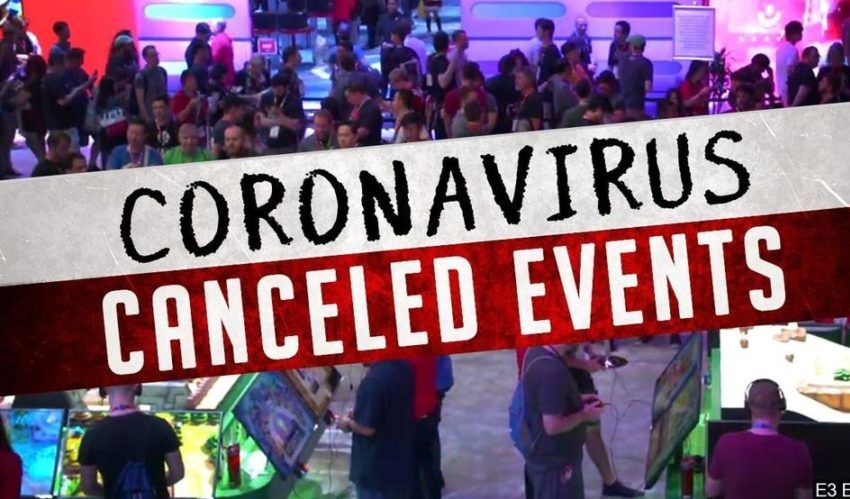How is Coronavirus Impacting Event Industry?

How is Coronavirus Impacting Event Industry?
Are you experiencing event cancellations & postponements due the novel Coronavirus (COVID-19)?
As this situation develops, we recognize that our industries are immediately affected. The World Health Organisation (WHO) also recently published a 9-page document that offers both general and corona-virus specific considerations for organisers hosting large events. It’s worth going through if you haven’t already. As an event planner, you will already be familiar with many of the document’s recommendations — to be in contact with both local and national public health authorities, for example, and to communicate preventative measures to attendees, including respiratory etiquette and hand hygiene.


But other recommendations, as explained in this post from PCMA, expand on standard advice for making risk assessments, including the recommendations that event planners consider the crowd density; the nature of contact between participants, including the layout of meeting venues; whether participants are registered or non-registered, and therefore easy to locate after the event concludes if necessary for public health reasons; their profession and related possible exposure risk; the number of participants coming from COVID-19–affected countries within the previous two weeks; and the average age of participants, since elderly groups appear to be more affected.
Whilst not all live events, such as awards dinners will be able to be reconfigured, there are alternative formats such as live streaming (web-casting) events that you could consider.
For years now and due to the ongoing advances in technology, virtual meetings and webcasting events have been successfully delivered across the globe. Live steaming of events enables people to take part in an event without the need to leave their home or office. All that they need is an internet web link to the conference (event).
You could decide to stream your event and have limited audience engagement or you could design your remote event to fully immerse participants and get them involved in working together on case studies and exercises. It’s all possible with a little bit of design thinking.
 26 March 2020 by SHELTER, in Blog
26 March 2020 by SHELTER, in BlogTent Field Hospitals Set Up Around the World to Combat Coronavirus
...READ MORE + 26 March 2020 by SHELTER, in Blog
26 March 2020 by SHELTER, in BlogCoronavirus Field hospitals Are Setting Up In the US.
...READ MORE +


